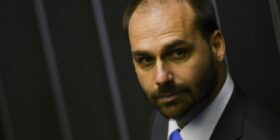The Saint-Simonians in Our Midst: Ben Bernanke and the GFC
While Ben Bernanke has accused free market and sound money advocates of pursuing “discredited” systems, he and his lieutenants were following a truly discredited way of thinking: socialism. The man who supposedly “saved the world” actually destabilized it.


